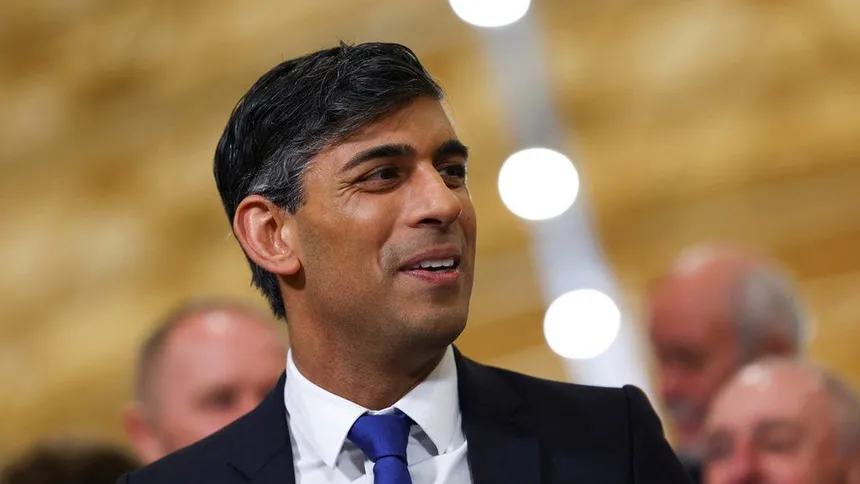Rishi Sunak, the UK’s prime minister, has convened an emergency meeting with top health leaders, including Professor Sir Chris Whitty and NHS England chief executive Amanda Pritchard, to tackle the ongoing winter crisis in the National Health Service (NHS). The meeting, which takes place on a rare weekend, aims to alleviate the pressure on frontline services, which have been severely impacted by decades of underinvestment and managed decline.
The NHS is struggling to cope with a surge in flu, coronavirus, and respiratory syncytial virus (RSV) cases, exacerbating existing capacity crunch issues. Discharge rates have fallen to a new low, with only a third of patients ready to be released from hospital actually leaving. A&E units are struggling to keep up with demand, and trusts and ambulance services have declared critical incidents.
Senior doctors have warned that the situation is dire, with many calling for immediate action to address the underlying issues. NHS Confederation chief executive Matthew Taylor echoed their sentiments, stating that there are “no silver bullets” to solve the crisis and that it has been in the making for decades. Taylor emphasized that high levels of flu, RSV, and Covid-19 are not the primary causes of the crisis, but rather the result of years of underinvestment in staffing, capital, and social care.
The meeting will focus on four crucial issues: social care and delayed discharge, urgent and emergency care, elective care, and primary care. Attendees will include chief executives and clinical leaders from NHS organizations and councils across the country, as well as experts from medical royal colleges and independent sector organizations working in health and social care services.

Rishi Sunak (Via Rishi Sunak/Twitter)
Labor has criticized the meeting, calling it a “talking shop” and stating that patients “deserve more.” Shadow health secretary Wes Streeting questioned why the UK government is convening the meeting only now, after years of neglect. He also highlighted the lack of impact of the recently promised £500 million for delayed discharges, which has yet to reach the front line and is now too late to make a difference this winter.
The meeting comes ahead of a planned strike by nurses, which Royal College of Nursing general secretary Pat Cullen has urged the government to prevent by negotiating with them. Cullen told BBC Radio 4 that the prime minister needs to “grasp the nettle” and negotiate with nurses to avoid industrial action.
The UK government’s focus on reducing NHS waiting lists is another pressing issue, with Sunak making it one of his key pledges for the next two years. However, experts warn that solving the crisis will require a long-term solution, addressing the underlying issues of underinvestment, staff shortages, and social care capacity.
As the meeting gets underway, healthcare professionals and patients alike are anxiously awaiting concrete solutions to alleviate the crushing pressure on the NHS. With the stakes high, it remains to be seen whether the talks will yield meaningful progress or simply amount to another “talking shop.”
